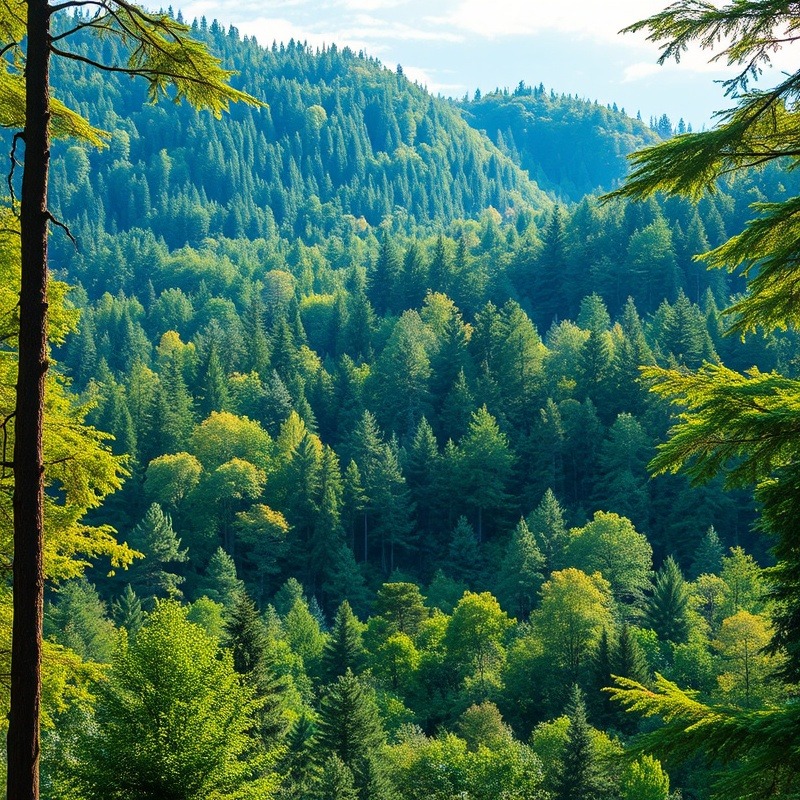
The Forest: A Complex Ecosystem of Life and Growth
While a forest might simply be defined as a densely wooded area, it holds a depth beyond that single description. Encompassing an array of botanical compositions, forests offer a glimpse into the intricate workings of nature. In terms of biological significance, forests are essential for carbon storage, biodiversity preservation, and climate regulation. They represent a harmonious blend of flora and fauna, constantly adapting and evolving over time.
The Diversity Within Forests
Globally renowned forests are monuments to nature's diversity and splendor. The Amazon Rainforest, spanning across Brazil and neighboring South American countries, symbolizes the vast biodiversity of such ecosystems. Meanwhile, the legendary Sherwood Forest in England is steeped in folklore and cultural stories. Each of these forests tells its unique story, whether it’s the towering redwoods of California showcasing unprecedented growth or the dense, light-diffused expanse of Germany's Black Forest. Such diversity highlights that every forest functions as a vital ecological community.
Historical Context and Background
Throughout history, forests have played crucial roles in human societies, providing resources, shelter, and a source of mythological inspiration. Ancient and medieval civilizations recognized forests as both a resource and a space to be revered. Their importance was noted in various cultural tales, such as stories of Robin Hood in Sherwood Forest, suggesting that forests have influenced cultural narratives just as they have shaped ecological ones. Understanding this historical context enables us to appreciate their current and future roles in sustaining life on Earth.
Inspirational Environmental Quotes
While research and statistics reveal the importance of forests, the words of noted environmentalists and authors often inspire us to reflect on our connection with nature. Rachel Carson once said, "In nature, nothing exists alone," encapsulating the interdependence found within forests. Similarly, John Muir's reflection, "The clearest way into the Universe is through a forest wilderness," highlights the serene and profound relationship humans have with these natural landscapes.
 Add Row
Add Row  Add
Add 


Write A Comment